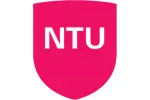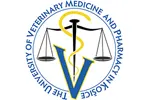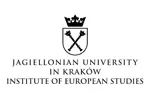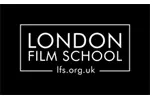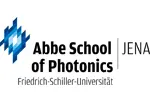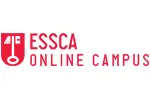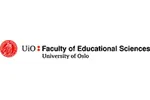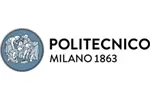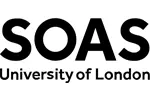Winner of University of the Year and located in one of the country’s favourite student cities, NTU is one of the UK’s most popular universities.
We provide innovative courses, inspiring teaching and an excellent student experience.
At NTU you’ll be part of a community of students and staff from over 150 countries around the world. Nottingham is a welcoming and affordable city and we know you’ll make friends for life here.
Our prestigious and competitive scholarships range in value from £2,000 to half-fee and full-fee.
Join our international community
Here’s just a few reasons to choose NTU
We’re the University of the year 2019
We won the Guardian University of the Year award based upon performance and improvement in its Guardian University Guide as well as retention of students from low-participation areas and attainment of our BME students.
Modern University of the year 2017/18
Our strong student satisfaction, quality of teaching, overall student experience and engagement with employers led to our award. (The Times and the Sunday Times)
University of the year 2017
We won this award because our teaching, research and support services work together to enable all our students to fulfil their potential. (Times Higher Education)
Prestigious Scholarships
Last year we awarded over 490 scholarships to students from over 80 countries.
Excellent employability
You can be sure your career is safe with us - 96% of our graduates are in employment or further study just 6 months after graduating. (DLHE 2015/16)
Gold-standard teaching
You’ll be taught by experienced, expert teachers at a university rated Gold for outstanding teaching quality. (Teaching Excellence Framework 2017)
A student city
Study in a city voted joint 4th best in the world.
(QS Best Student Cities Index 2017, Student view category)
Gain work experience
With a top 10 UK ranking for number of students on work placements, you know you’ll be joining a university that will make practical experience a priority.
(HESA 2016/17)
First-class facilities
We’ve invested over £450m in our campuses in the last 15 years.
Great student experience
We're in the top 30 in the Times Higher Education Student Satisfaction Survey 2018.
Queen’s Anniversary Prize for research
Our world-class research was recognised with the highest national honour for a UK university.
A 5-star university
QS awarded us five stars for our teaching, facilities, internationalisation, social responsibility and inclusiveness.
Find more reasons to choose NTU
Study with us
Our innovative courses are informed by the latest research, taught by inspirational experts, and give you everything you need for a successful future.
Our courses are taught within our academic schools:
- Nottingham Business School
- Nottingham Law School
- School of Social Sciences
- School of Art & Design
- School of Architecture, Design and the Built Environment
- School of Science and Technology
- School of Arts and Humanities
- School of Animal, Rural and Environmental Sciences
Find out more about our courses
NTU graduates get jobs
Our strong links with industry help us understand exactly what employers need. Your NTU experience will be packed with opportunities all designed to help you graduate with a CV / resume that will impress your future employers and give you a real advantage.
Every NTU course has opportunities to gain practical skills and experience including:
- Paid one-year work placements with a company or organisation.
- Shorter work placements and projects including internships and consultancy projects
- Career advice from our Employability Team including training sessions and interview preparation.
Discover Nottingham
Nottingham has been voted one of the world's favourite student cities. Here's a few reasons why:
A student city
There are over 60,000 students living in Nottingham from all over the world. Over 25,000 of these are studying at NTU.
Always something to do
You’ll never be stuck for something to do. Nottingham has great shopping, theatres and cinemas, clubs and bars, cafes and restaurants so you’ll always find a way to relax after your studies.
Get a little culture
If you are looking for a little bit of culture, there’s plenty to choose from. You’ll find art galleries, vintage shops, live music venues and independent cinemas all over Nottingham.
A sporting city
Nottingham is home to two football clubs, the world famous Trent Bridge cricket ground, one of the country’s biggest Ice Hockey teams, the National Watersports Centre and lots of other sports teams and facilities.
Discover this great student city


